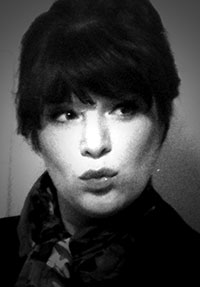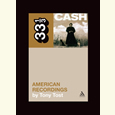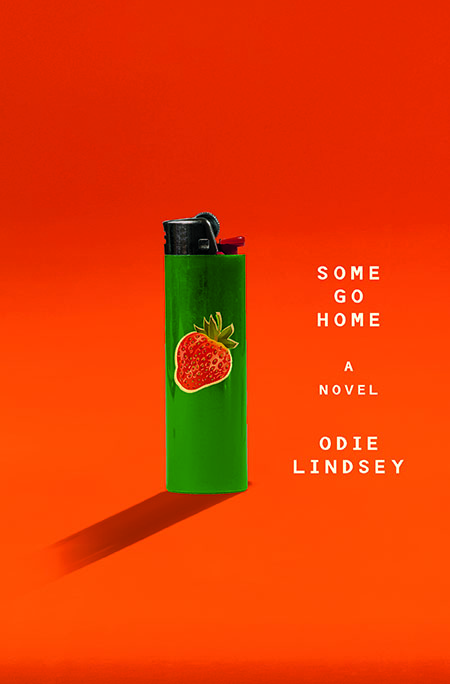Down Low in the Bluff City
Memphis Noir, a new story collection, paints a dark, aching portrait of Memphis, a city steeped in music and magic
Memphis Noir, edited by Laureen P. Cantwell and Leonard Gill, captures the subtlety of the Memphis ethos, where blacks and whites, rich and poor, are intimately entwined. The collection—fifteen stories by some of the city’s finest writers—bleeds the blues and calls down the dark powers that permeate this capital of the Delta. “We are a place born of history, inhabited as much by memory as by the living—the past and present inextricably and inescapably linked,” the editors write in the introduction. “Memphis is marvels and misfits—two-faced and unabashedly so.”
 The stories in Memphis Noir may range in time from the late 1800s to the present day, but they are connected by unreliable men, cheating women, booze-ravaged musicians, gamblers and criminals, haints and legends, all steeped in deep Southern hoodoo. David Wesley Williams’s story, “Her Better Devils,” opens the collection and sets the stage for the entire volume with these words: “There is no hell. There is, however, a Memphis, and it’s here the devil lives in relative pain and ease like any man.” The book closes on the same note with Troy L. Wiggins’s “Tell Him What You Want”: “It was half past midnight, the time when good folks were keen to lose the string that connected them to their god and let the nasty things inside them roam free.”
The stories in Memphis Noir may range in time from the late 1800s to the present day, but they are connected by unreliable men, cheating women, booze-ravaged musicians, gamblers and criminals, haints and legends, all steeped in deep Southern hoodoo. David Wesley Williams’s story, “Her Better Devils,” opens the collection and sets the stage for the entire volume with these words: “There is no hell. There is, however, a Memphis, and it’s here the devil lives in relative pain and ease like any man.” The book closes on the same note with Troy L. Wiggins’s “Tell Him What You Want”: “It was half past midnight, the time when good folks were keen to lose the string that connected them to their god and let the nasty things inside them roam free.”
In between these dark bookends the stories in Memphis Noir dip into macabre Memphis history, from Elvis’s death in his bathroom at Graceland (“Heartbreak at Graceland” by Kaye George) to rumors that Boss Crump had his enemies tortured (“A Shut-and-Open Case” by John Bensko, the only story in the collection that is laugh-out-loud funny). Other tales sift through the city’s rich alluvial soil of creepy urban legends for material. For instance, “The Never Never is Forever,” a graphic short story by Adam Shaw and Penny Register-Shaw, turns on the rumor that a new drug going around the clubs can turn back time.
In “Stinkeye,” Cary Holladay manages to include in a single tale both a baby born with fully erupted teeth, sharp and black, and the thoughts of a statue of Nathan Bedford Forrest. The spirit in the bronze statue muses: “The baby’s dead, all right, passed among white hands, black and yellow hands, bound for a New Orleans hoodoo parlor where he’ll be dried and powdered. The great-great-great-granddaughter of a slave girl I sold, she’ll dole him out for love potions bit by bit, her magic strong enough to stop a paddlewheel.”
 One of the high points of the collection is the riveting “There Is No Rest,” by Arthur F. Flowers, the opening chapter of a novel-in-progress in which Jubilation T. Conquer, a physician and voodoo practitioner, has a problem: “Somebody killing hoodoos. All over Memphis, hoodoos coming up dead,” he thinks. “Somebody come to my town and start killing off hoodoos, Ima take it personal.” Flowers links this conflict with a tale of routine police work and wraps the whole around a richly detailed neighborhood suddenly stinking of danger.
One of the high points of the collection is the riveting “There Is No Rest,” by Arthur F. Flowers, the opening chapter of a novel-in-progress in which Jubilation T. Conquer, a physician and voodoo practitioner, has a problem: “Somebody killing hoodoos. All over Memphis, hoodoos coming up dead,” he thinks. “Somebody come to my town and start killing off hoodoos, Ima take it personal.” Flowers links this conflict with a tale of routine police work and wraps the whole around a richly detailed neighborhood suddenly stinking of danger.
“Our popular culture works from the bottom up, built without the support of (but not so very far removed from) the sprawling plantations and aristocratic sociopolitical structure so often part and parcel with the image of the South,” the editors write in an introduction. “Instead race and music, old endings and new beginnings, connect this city in webs spun deep in its very core.”
Memphis Noir is part of Akashic Press’s acclaimed series that began with Brooklyn Noir and now extends to fifty volumes (and counting) from around the world, from Mumbai to Chicago. (Akashic’s best-known publication, however, may be the irreverent picture book for exhausted parents, Go the F*ck to Sleep.) As The New York Times notes in a review of USA Noir, another anthology in the series, “‘Noir’ can be reduced to ‘tough’ or ‘gritty’ or just ‘not cozy.’ But the fierce regional pride that runs through this collection does capture the characters’ fatalistic sense of alienation, even in their own hometowns.”
This new collection is a boon for readers who love a good ghost story and a shiver in the night. The stories stay on the safe side of the thin line between noir and violent porn. They are creepy or tragic or both, but they are never simply gross. The skill of the fifteen writers represented here is evident on every page of Memphis Noir, a testament to the cultural richness of the Bluff City.

Lyda Phillips is a veteran journalist who grew up in Memphis and has earned degrees from Northwestern, Columbia, and Vanderbilt universities. The author of two young-adult novels, she worked for United Press International before returning to Nashville.


